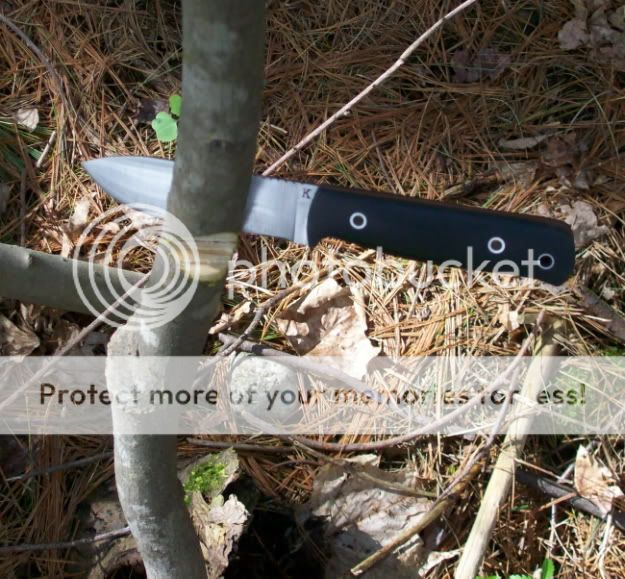- Joined
- May 11, 2009
- Messages
- 414
I see many people on the internet who will not buy a survival or outdoor knife unless it can baton through wood. I know many survivalists who do not practice this batoning technique and I would like to hear everyone’s opinion.
I wanted to create this thread to see how many people out there are avid batoners (with knives) and how many of you prefer alternative techniques.
Alternative techniques could include collecting smaller wood or smaller branches which can be broken. Or splitting logs with a wooden wedge instead of your knife. Or any other techniques you all may use.
When, if ever, is batoning with your knife the only option? Snowy or wet environments may be a good defense, but I really want to know how many people think that batoning is unnecessary -and what you do to get around it.
What do you all think? To baton or not to baton?:thumbdn::thumbup:
I wanted to create this thread to see how many people out there are avid batoners (with knives) and how many of you prefer alternative techniques.
Alternative techniques could include collecting smaller wood or smaller branches which can be broken. Or splitting logs with a wooden wedge instead of your knife. Or any other techniques you all may use.
When, if ever, is batoning with your knife the only option? Snowy or wet environments may be a good defense, but I really want to know how many people think that batoning is unnecessary -and what you do to get around it.
What do you all think? To baton or not to baton?:thumbdn::thumbup:
Last edited:






